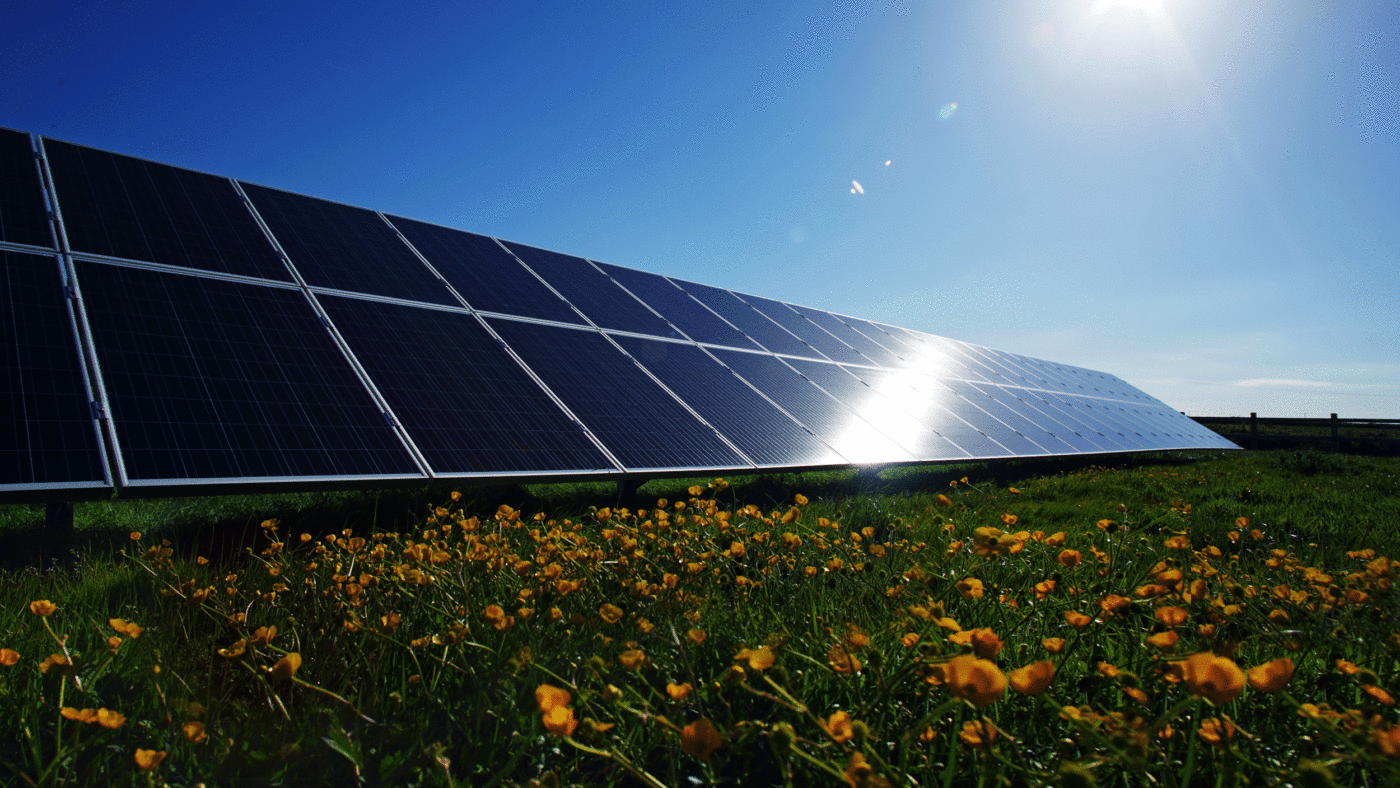Two years ago, I was the energy minister who signed the target of net zero greenhouse gas emissions by 2050 into law. It passed unopposed in the House of Commons, while the same year achieving net zero by 2050 was a core part of the Conservative 2019 General Election manifesto (indeed it was on the first page as a key pledge).
This hasn’t prevented an increasing sense of negativity around the policies needed to reach net zero – with an attempt by some to conflate the target with the rising cost of energy. The letter recently submitted by a group of MPs and peers calling for the removal of the ‘environmental and social levies’ (or as some would say ‘green taxes’) from energy bills on the face of it may seem like be a perfectly understandable thing to campaign for. After all, we are expecting to see a large increase in energy bills, possibly by 50%, and something needs to be done to mitigate that.
But it’s clearly not the levies that are driving the increase in bills – if anything these levies are falling. The problem is gas. As an internationally-traded commodity (we export 20% of our own gas) we are always (and always will be) at the whim of international markets. Rocketing wholesale gas prices will have added £400 to gas bills by April this year, way more than the levies themselves. And yet electricity bills, while rising, are doing so much more slowly.
And herein lies the elephant in the room. Over the past decade these levies have been paying to kick-start our homegrown renewables industry. So successful have they been that wind and solar are now the cheapest forms of electricity, and even the more expensive early-stage renewables are cushioning electricity prices as the cost of gas soars.
They’ve also paid for insulating homes of the fuel-poor and funded the Warm Homes Discount scheme for the vulnerable. Let’s not forget that without these levies families would be living in leakier homes and facing even higher bills. Again, the levies have worked.
So is this group seriously suggesting we cut insulation for the vulnerable and renege on contracts with British renewable energy projects? While the white heat of the headlines scream ‘scrap’, the only real alternative is to shift the levies from bills to general taxation – an idea that’s been doing the rounds for a long time.
The best way to protect ourselves from gas price spikes is to use much less by insulating homes and switching to cleaner forms of heating. History shows fossil fuel prices are volatile, whereas the unit price of sun and wind is always nil. It’s also unaffected by international game-playing and Putin’s threats of turning off the gas taps and hiking the price. Liz Truss as Foreign Secretary made a recent clear-eyed assessment of Ukraine’s perilous dependence on Russian oil: the solution is to boost green technology.
Some have argued, including on these pages, that the answer is more home-grown oil and gas. That we ‘need to lift the moratorium on fracking’ and allow further North Sea oil exploration. But the logic for this argument does not stack up. Recent history shows that trying to frack in the UK is very difficult, with nearly all efforts facing significant local opposition and getting bogged down in litigation. Also, the quantities of shale gas which we could produce would not be sufficient turn the tide on the impact of international prices driven by global geopolitics.
This clearly will not be any comfort to those expecting to see price rises in April, but neither would more shale gas, oil exploration or, indeed, a new coal mine. The fact that Shell withdrew its interest in the Cambo oil field shows that businesses are aware that any such work has a limited shelf life and risks becoming a stranded asset.
The British public, business and scientific community are clear that we need to get off polluting fossil fuels to pave the way to a safer, more prosperous net zero future. Let’s remember that net zero is not some political construct: it’s science, it’s physics. We have to stop adding emissions to the atmosphere to halt climate change. The target date of 2050 has been set to avoid the very worst impacts of climate change. The Treasury, Office of Budget Responsibility and the Bank of England have concluded the costs of inaction are far greater than acting – so don’t be fooled by those claiming to offer quick fixes.
Click here to subscribe to our daily briefing – the best pieces from CapX and across the web.
CapX depends on the generosity of its readers. If you value what we do, please consider making a donation.


